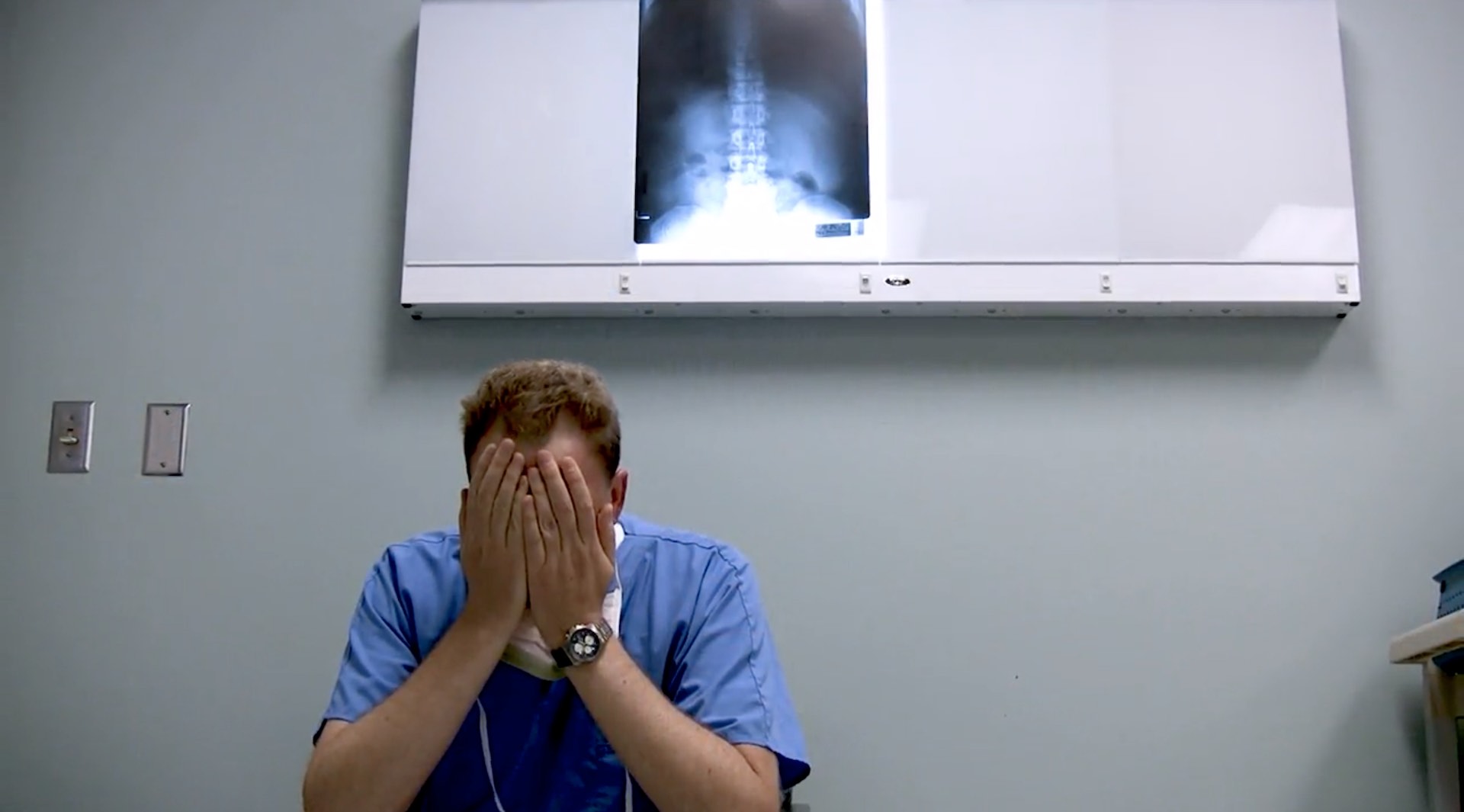NEW YORK (Reuters Health) – Long-term, high-dose ursodeoxycholic acid (UDCA) should not be used for treatment of primary sclerosing cholangitis because of the increased risk of severe adverse effects, including death.
Primary sclerosing cholangitis is a rare, chronic disease that usually progresses to biliary cirrhosis, portal hypertension, and liver failure over a 10- to 15-year period. There is no approved treatment, but studies of UDCA at doses of 13 to 23 mg/kg/day have indicated some benefit that often did not achieve statistical significance, lead author Dr. Keith D. Lindor and associates note in the their paper in the September issue of Hepatology.
Dr. Lindor from the Mayo Clinic in Rochester, Minnesota, and his team conducted a double-blind, randomized trial in 150 adults with primary sclerosing cholangitis. Seventy-six patients were assigned to high dose UDCA (28-30 mg/kg/day) and 74 were assigned to placebo.
The plan was to follow the patients for 5 years and then perform liver biopsy and cholangiography. The trial was stopped after 6 years due to futility, however.
Even though liver enzyme levels declined with treatment, other primary clinical endpoints









